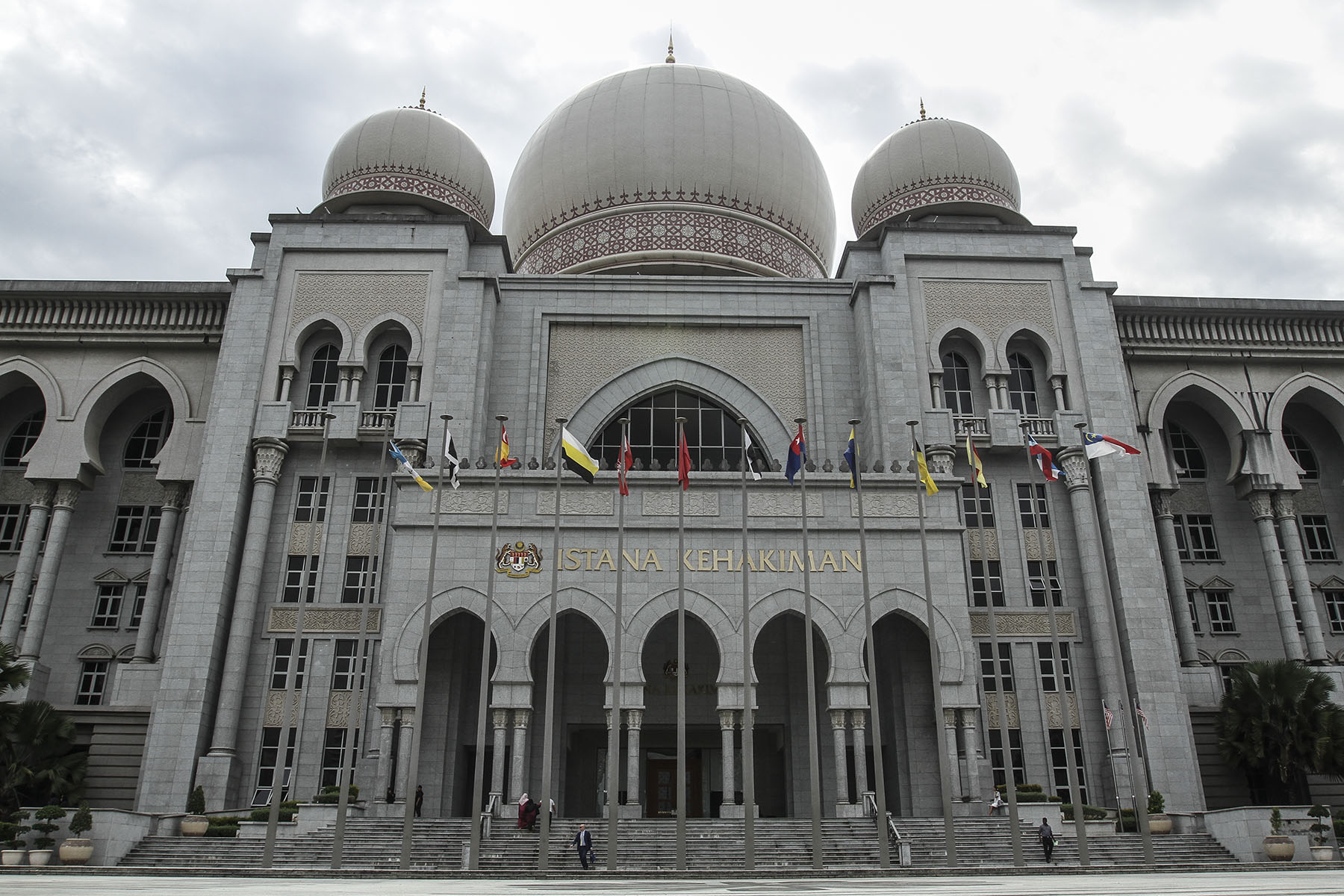KUALA LUMPUR, Sept 5 — The High Court took a huge step backwards with its recent decision that it has no power to hear a challenge against the constitutionality of a fatwa or religious edict, pro-moderation group G25 said today.
G25 was referring to a fatwa by the Selangor Islamic authorities that labelled Muslim women rights’ group Sisters in Islam (SIS) as deviant, saying it was “deeply disappointed” and “terribly alarmed” that the High Court of Kuala Lumpur decided it has no jurisdiction to decide on the challenge.
G25 noted that SIS had challenged the fatwa via judicial review for various reasons, such as the violation of its right to freedom of speech and as SIS is not a “natural person professing the Islamic faith” but a company that falls outside the jurisdiction of the Selangor religious authority.
G25 also highlighted that the High Court decided that the challenge involved Shariah law and should be heard at the Shariah courts and that the Shariah courts have the exclusive jurisdiction to decide on the challenge that was mounted via a judicial review application.
But G25 said the High Court’s decision goes against what the Federal Court had decided in the case involving Hindu mother M. Indira Gandhi’s challenge against the unilateral conversion of her three children to Islam by her Muslim convert ex-husband.
“G25 is of the opinion that such a ruling is untenable, as is obvious from the judgment of the Federal Court in the landmark case of Indira Gandhi,” the group which includes retired senior civil servants said in a statement today.
G25 went on to quote excerpts of the Federal Court’s ruling that the Federal Constitution does not exclude or remove the civil courts’ jurisdiction or power to hear and decide on cases relating to Islamic laws, and that civil courts should not decline to hear cases on the basis of having no jurisdiction if the matter involves constitutional issues.
G25 also noted that the Federal Court had ruled that the Shariah courts have no jurisdiction to exercise the power of judicial review, and that the power to hear judicial reviews belongs exclusively to the civil courts.
“On the one hand, the Federal Court, in its judgment in Indira Gandhi, had taken a bold step forward. It accurately clarified the law on the judicial review power of the civil High Court and the limits of the jurisdiction of the shariah courts.
“On the other hand, the recent ruling with respect to SIS takes a huge step backwards to muddle the law on judicial review.
“Indeed we are appalled by the learned High Court Judge’s refusal to exercise jurisdiction when issues of constitutional law were raised before him, which is clearly an unwarranted abdication of responsibility and a failure to uphold the constitution and to protect the fundamental liberties of the citizens. This is truly a desperate state of affairs,” the G25 group said.
G25 also said the High Court’s decision was a major blow for Muslim women and a regressive step from racial and religious harmony, also going on to highlight SIS’ work in providing aid to Muslim women.
“SIS has been proactive in helping Malaysian Muslim women faced with the domino effects of these negative economic indicators. Statistics show that an alarmingly high percentage of domestic violence, divorce and neglect are attributed to Muslim women,” the pro-moderation group said.
“G25 feels that the ruling of the High Court Judge is retrogressive, against high judicial precedent and contrary to the Federal Constitution. It implies that the High Court has granted wide arbitrary powers to the State fatwa authority to issue fatwas. This judgment has set a dangerous precedent,” it added.
Others such as SIS itself and prominent activist Datin Paduka Marina Mahathir have raised concerns over the possible impact of the High Court decision.




















